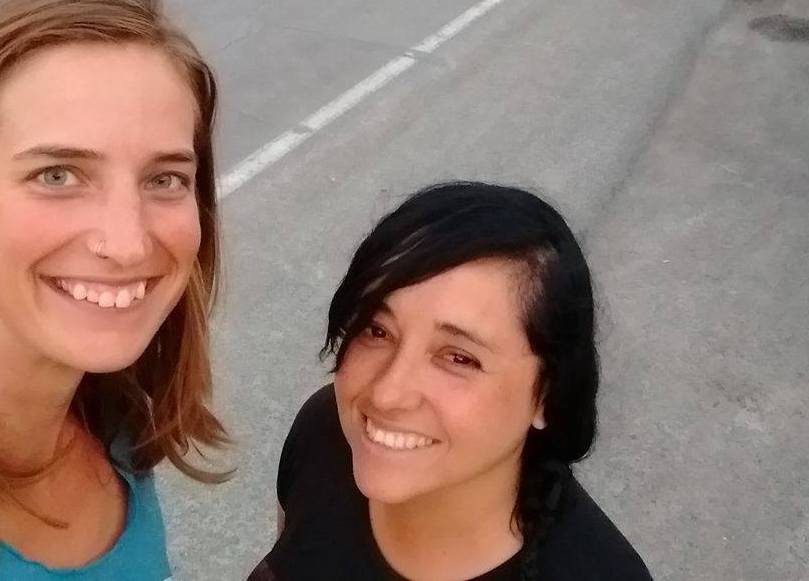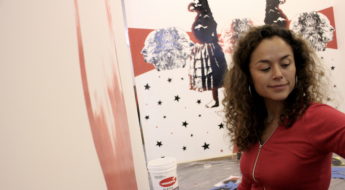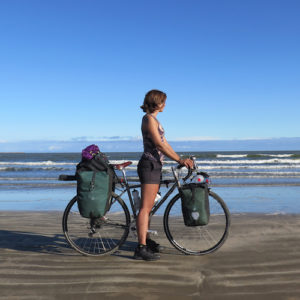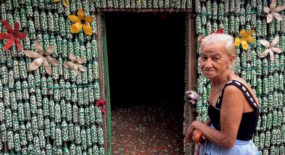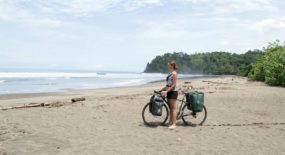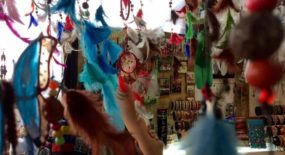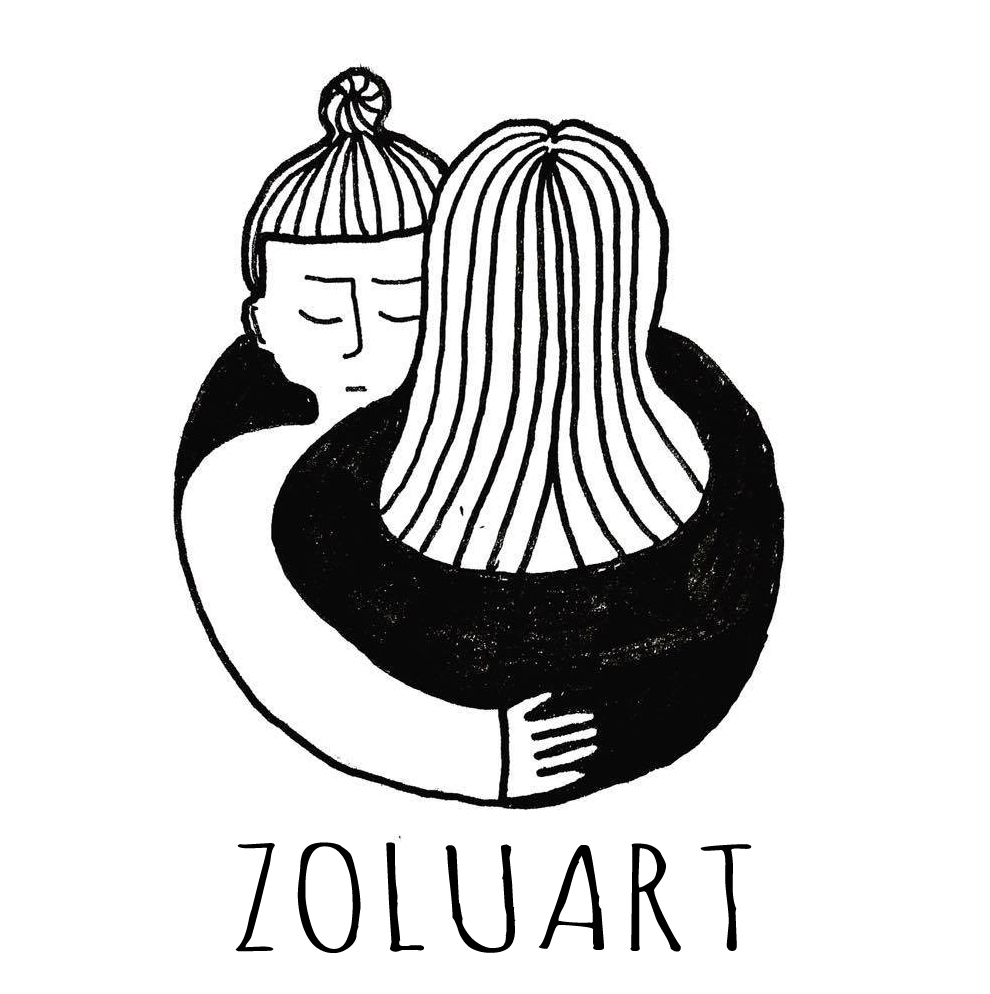OLIVE SALESWOMAN ON THE PAN-AMERICAN HIGHWAY
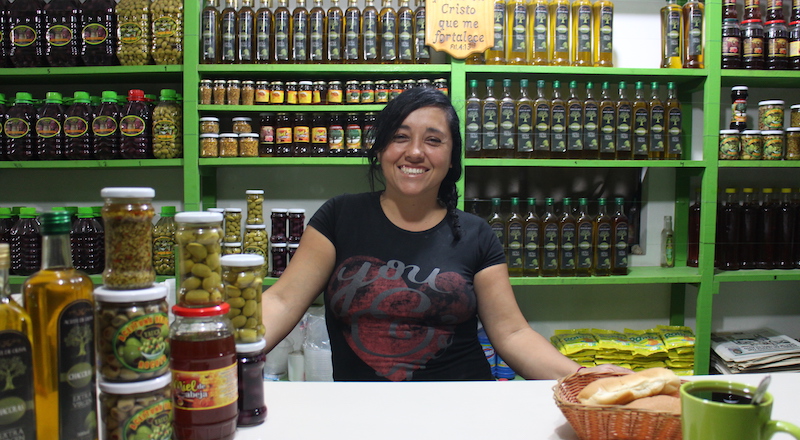
Carmen Carcamo is an olive saleswoman on the Pan-American Highway (a network of roads which spans over 30,000 kms) in Peru. Aged 38, she has been working in olive sales for the past eight months. In fact, most inhabitants of the little village of Yauca, in the department of Arequipa, work with olives in one way or another.
The daily routine of an olive saleswoman
Each morning at 7.30AM, seven days a week, Carmen Carcamo arrives at the little shop of her boss and starts cleaning up the place from sand and dust (there is a desert nearby, where I was caught in a sandstorm when cycling through). Having done that, it’s time to start serving breakfast to all the truck drivers who stop at the place for a coffee. Most of them want something with their drinks and the most common breakfast (and snack) around is coffee with olives. Some drivers also buy olives to go, and occasionally — although not often — one or two will grab a bottle of olive oil for the road.
The way Carmen calls for trucks and cars to stop is by waiving her red strainer at them energetically. Each time a car passes, she jumps up faster than the lightning and calls for their attention. And usually she gets it — being an attractive woman with a pretty smile probably helps somewhat in the business. As soon as the cars stop, Carmen gives them a couple of olives as samples. An easy trick which rarely makes anyone back away, as the olives really are delicious!
The sales of olives, the cleaning of the shop and the serving of coffee lasts throughout the day. Even in the evening, Carmen has the time and will to joke around and tirelessly call for truck. The day ends at 12PM, so filling in her free-time is not something Carmen really has to worry about, yet she herself doesn’t seem too put down by this. “I enjoy what I do so I don’t mind being here all day”, she says.
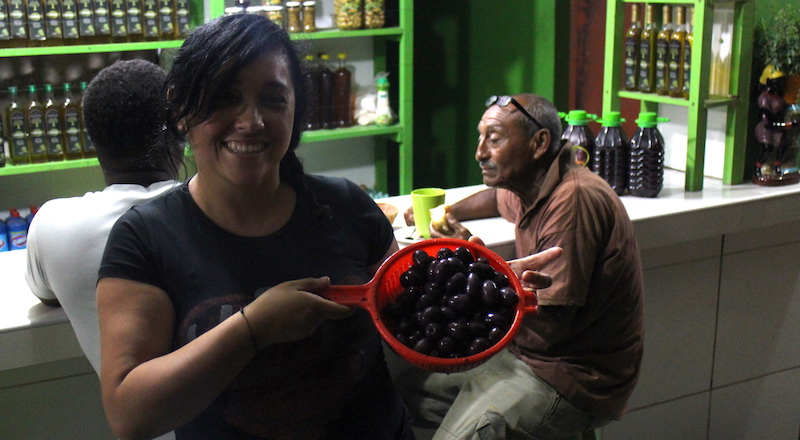
Life before olives
Before starting to work with Olives, Carmen was married for ten years. From the age of 20 until the age of 30. During that time she raised two children – a son who is now 17 and a daughter of 14. In addition to her teenagers, she also has a five-year-old son with another, now already ex boyfriend. All three children live with their their fathers, due to the men’s better possibilities in providing for them. However, Carmen sees her children often and has also a good relationship with the teenager’s stepmother.
As for Yauca, it really is an olive village. There are olive trees everywhere and the small kiosks selling olives are all over. In fact, it’s nearly impossible to find any other shops! When the harvest begins, olive picking and collecting attracts also people from the mountains and the jungle into the area. The reason is that with picking olives one can make quite some money for local standards — 10–15 soles (2.95–4.28 EUR) for a barrel of 25kgs. And, according to Carmen, it’s possible to pick around 10–15 barrels per day. That would mean 225 soles (64.24 EUR) only in one day!
Black olives vs green olives
A very interesting thing I learned about olives from Carmen is that black and green olives are not different types of olives, as I had previously believed. Instead, black olives are the ones which are picked when ripe, as opposed to green olives which are picked when still raw. Locals in Yauca prefer the black ones, but I’m told that tourists passing by often ask specifically for the green ones.
How I met Carmen?
Carmen works for the owner of the hospedaje (bed and breakfast) which I’ve stayed at for five days while suffering from a food poisoning in Peru. The shop is just below my room, so each morning (except for the first two when I was just too ill), I go downstairs, drink a tea and talk with Carmen about Olives, Finland, Peru, women’s rights and other topics. She’s also the one I can thank for having had the possibility to stay here — her boss eventually asked me for a bigger price but Carmen told her to reconsider just as I was about to leave in search for another hospedaje.
Hospedaje Las Casuariñas
If you ever happen to drive or ride past Yauca, the hospedaje is cheap and brand new. It’s on three floors, but for the five nights I’ve spent here, I’ve been the only guest for the entire time.


